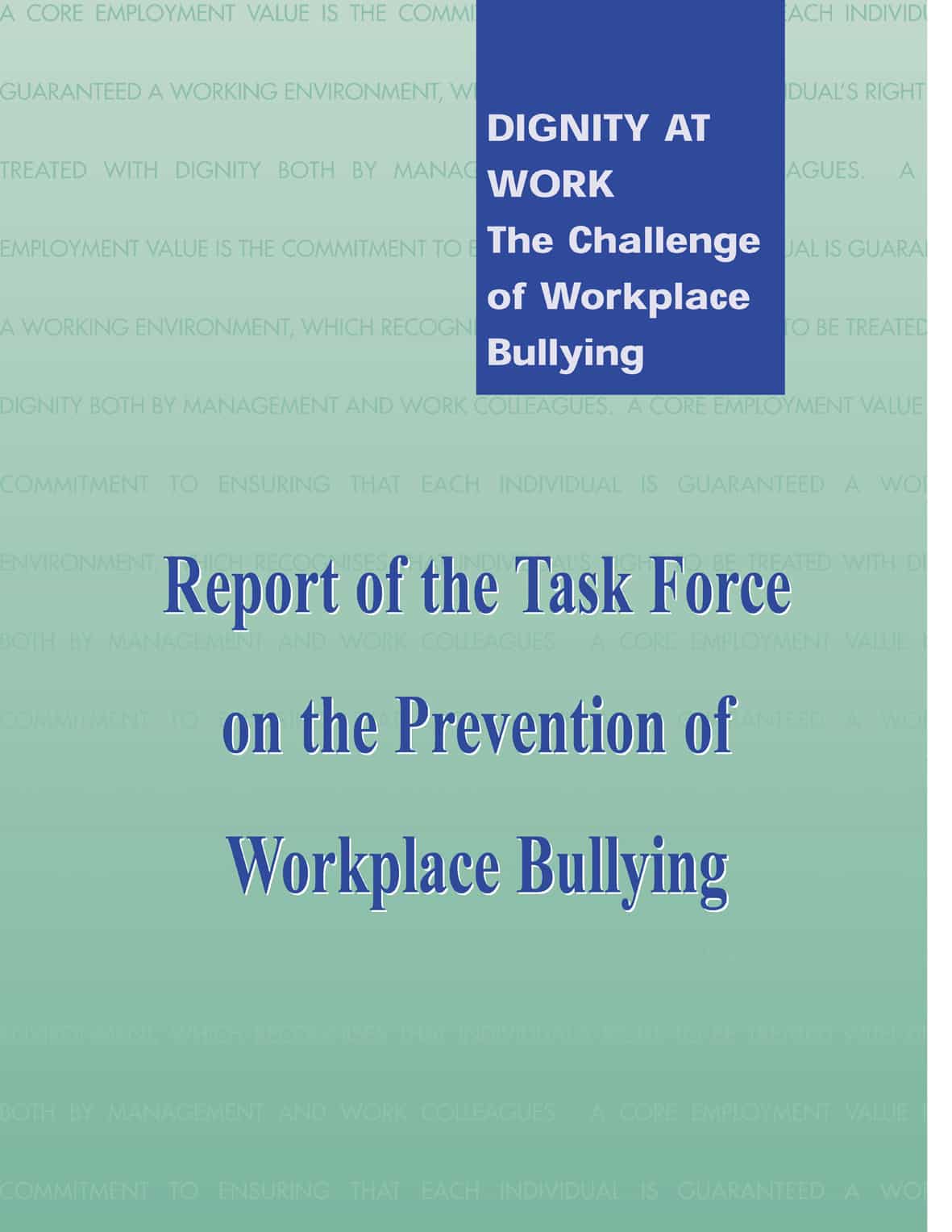Professor Tony LaMontagne is an Australian researcher and academic whose work always deserves careful consideration. LaMontagne has been mentioned several times in SafetyAtWorkBlog. The significance of his work is that it is not centred on occupational health and safety but has a major relevance nevertheless.
On the eve of Victoria’s Mental Health Week, LaMontagne has released a report, co-authored with Dr Kristy Sanderson, entitled “Estimating the economic benefits of eliminating job strain as a risk factor for depression”. A more detailed article on the report will be on this blog in the next few days but there are a couple of notable points in the research. Firstly, the study places job strain in the broader social context and not limited to the workplace, workers’ compensation, wellness or OHS. In this way, he is promoting a social agenda that has great potential. Continue reading “Mental health research broadens the workplace context”

